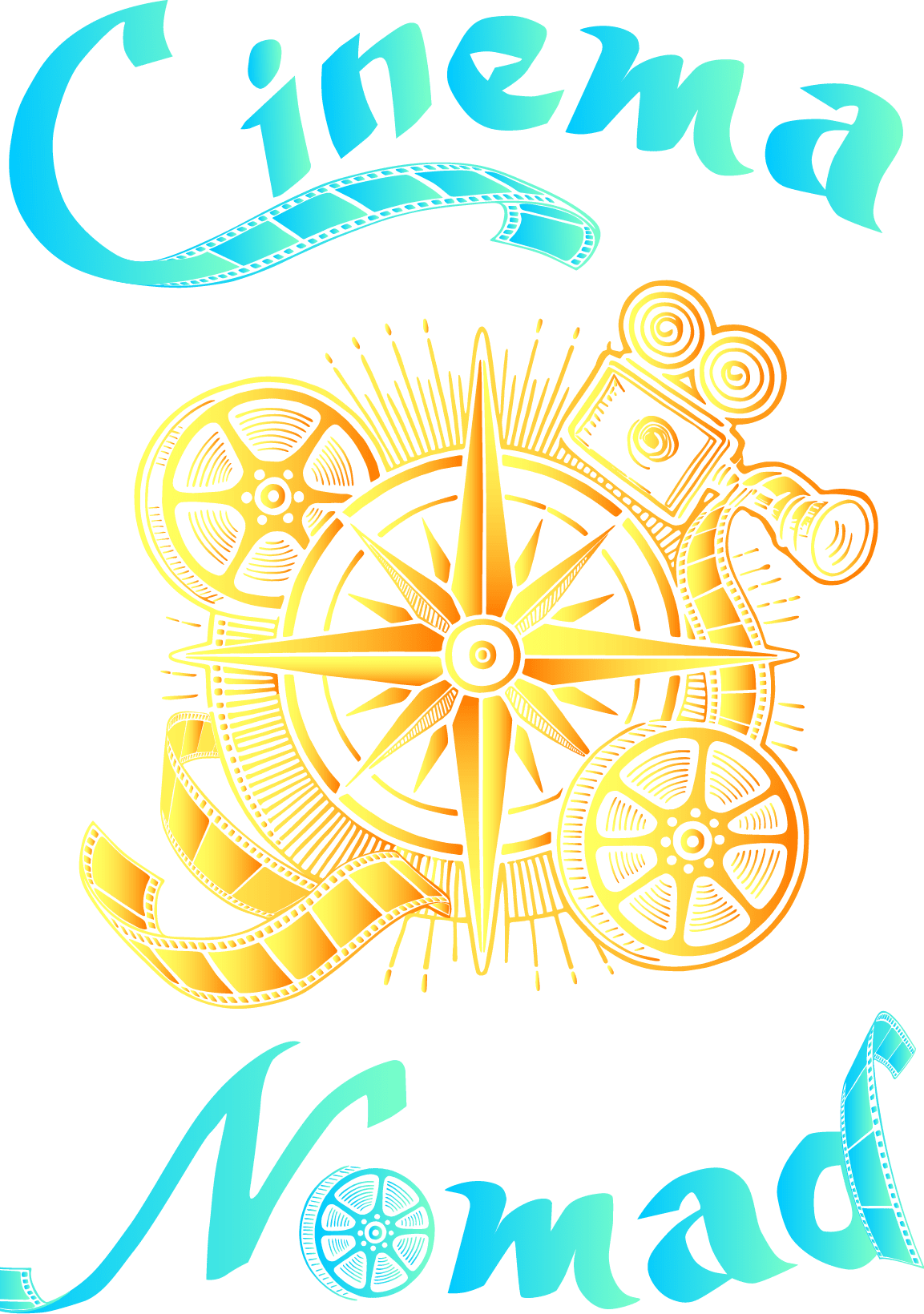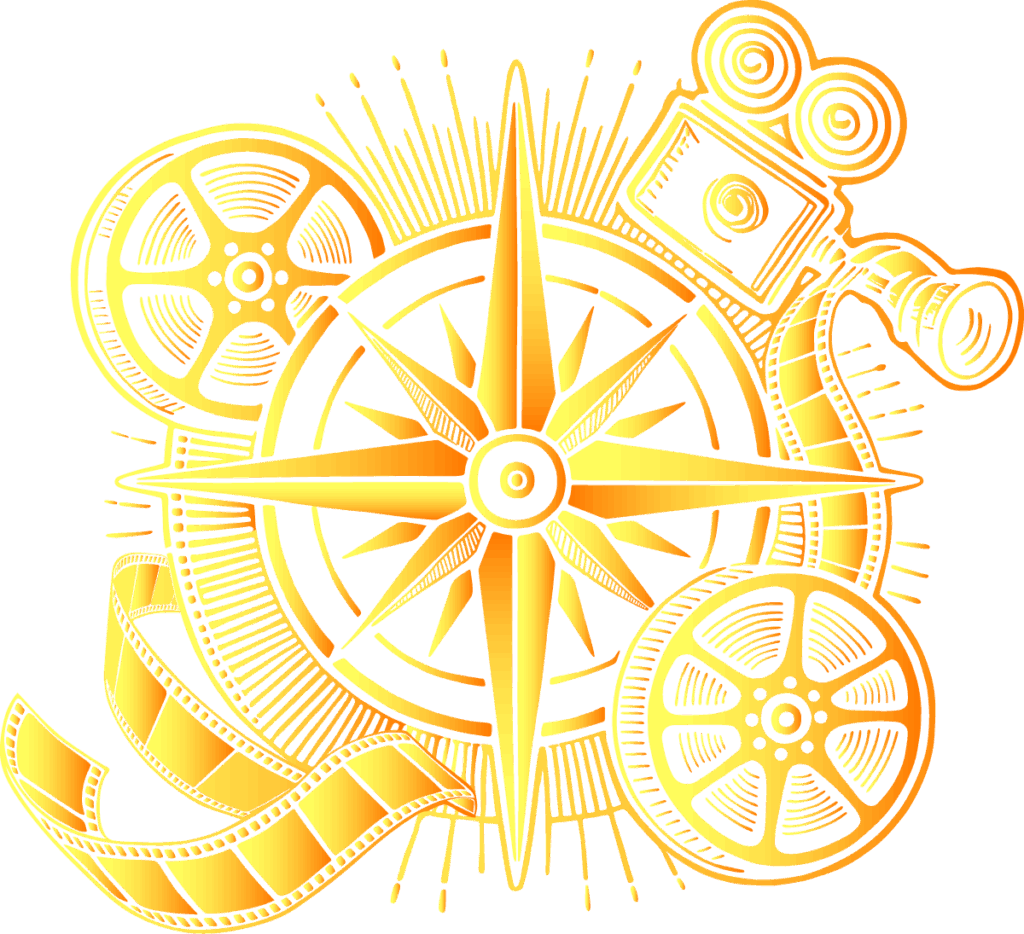
Türkiye
Episode 101: Türkiye
In Istanbul we meet daring individuals forging a path in a country that’s beginning to restrict the rights of women. New censorship laws have passed, which further limits the freedoms for filmmakers. After surviving bombings, a coup, and the Gezi Park protests, our filmmakers choose to stay in their country to tell stories that represent their lives as Turkish women in the twenty-first century.
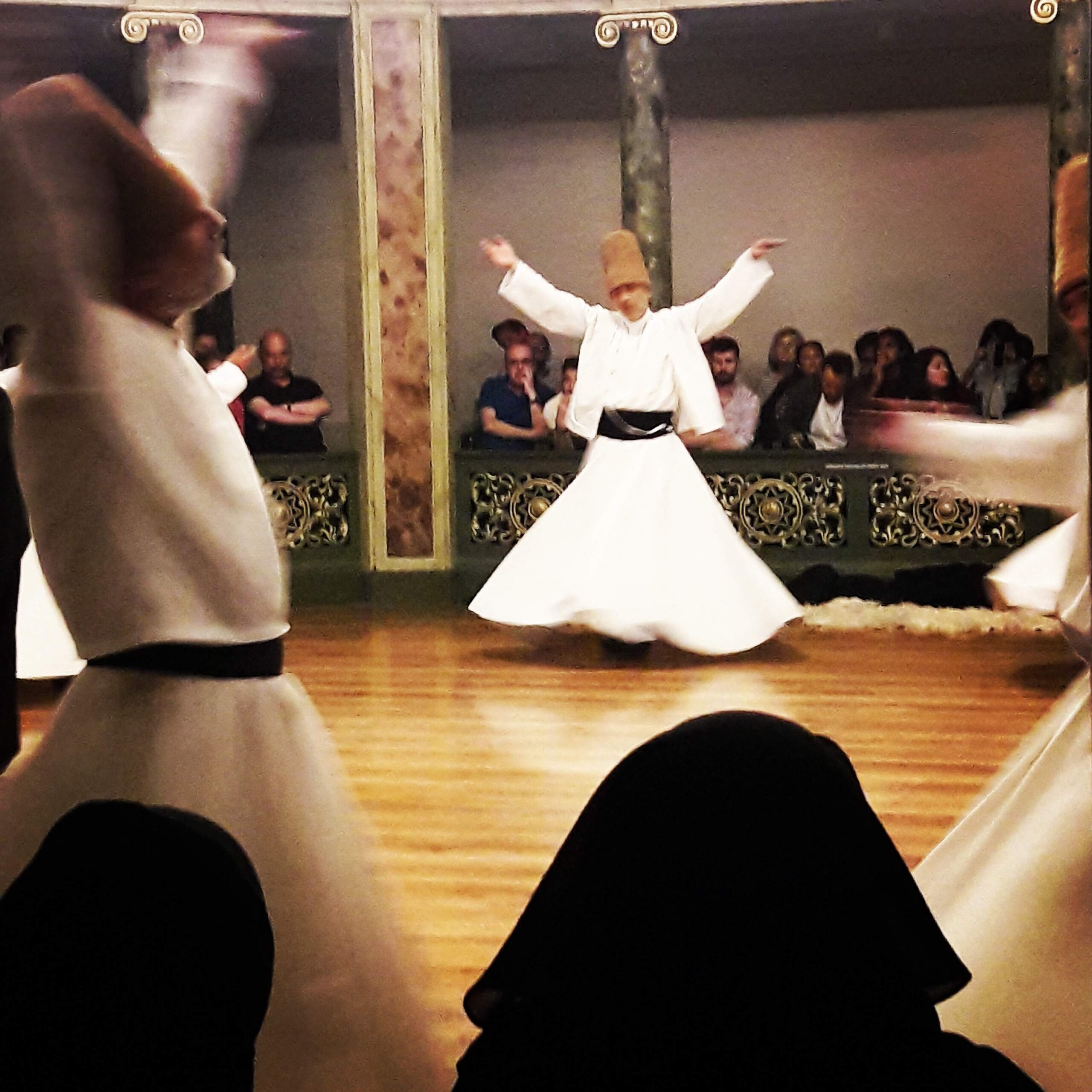
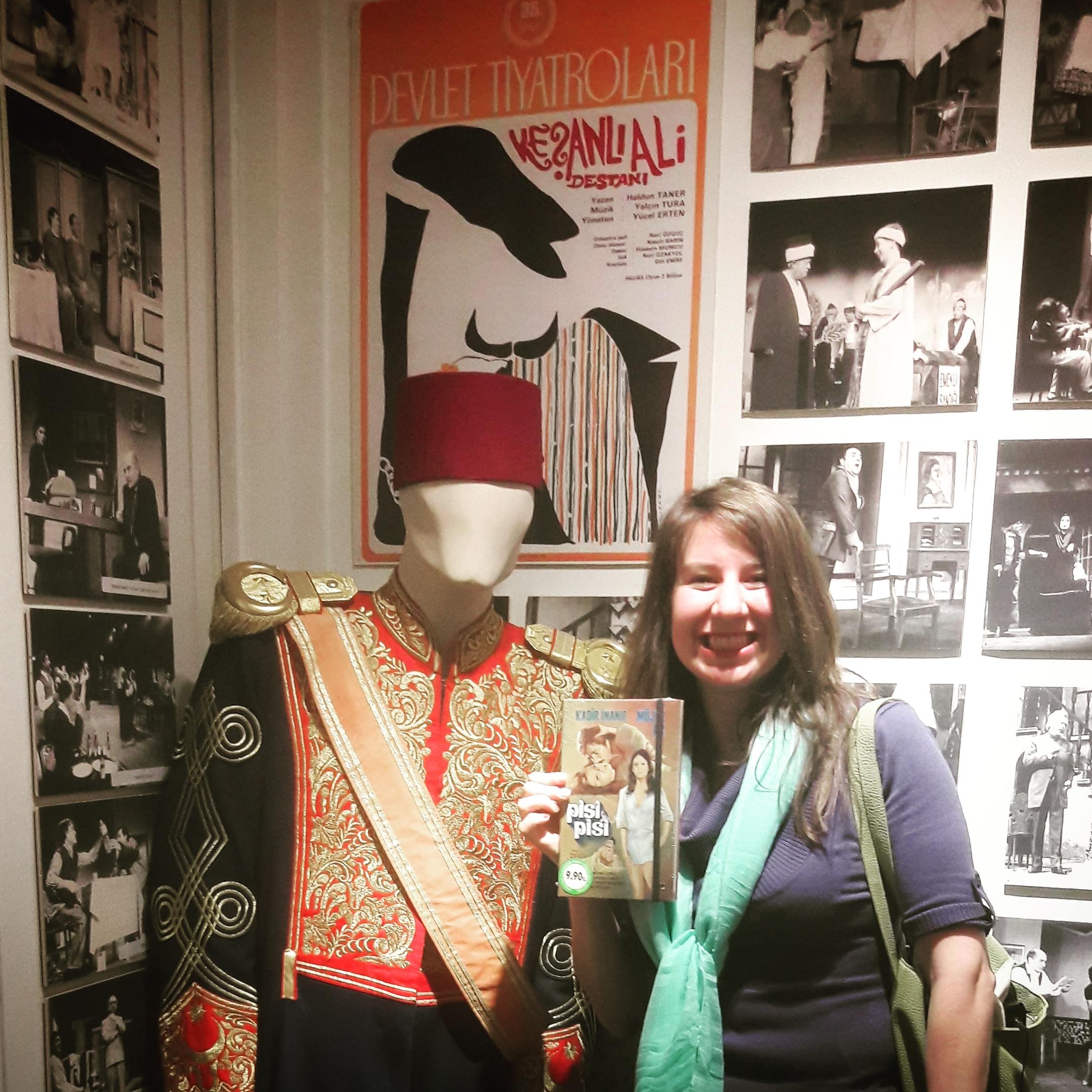
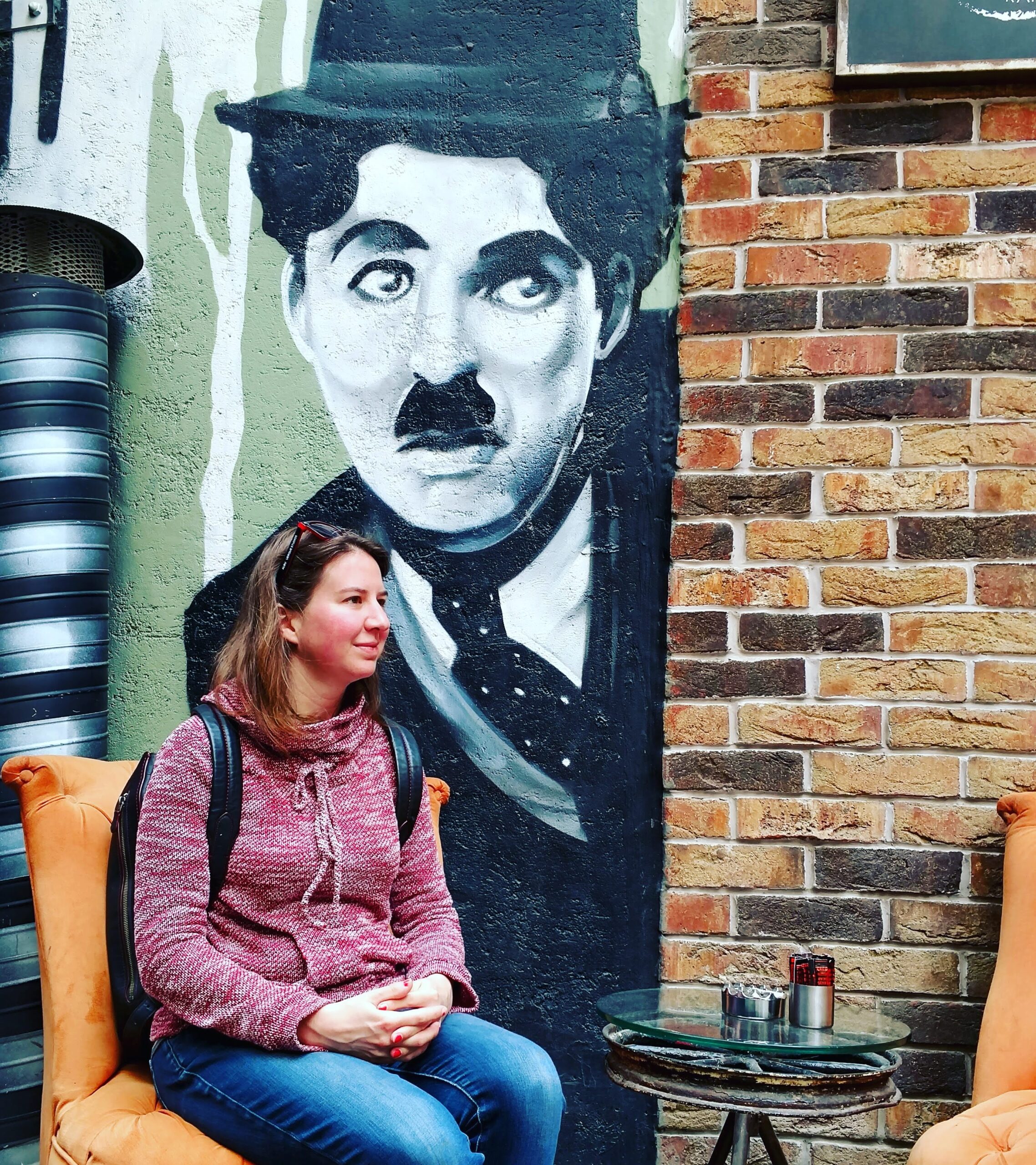

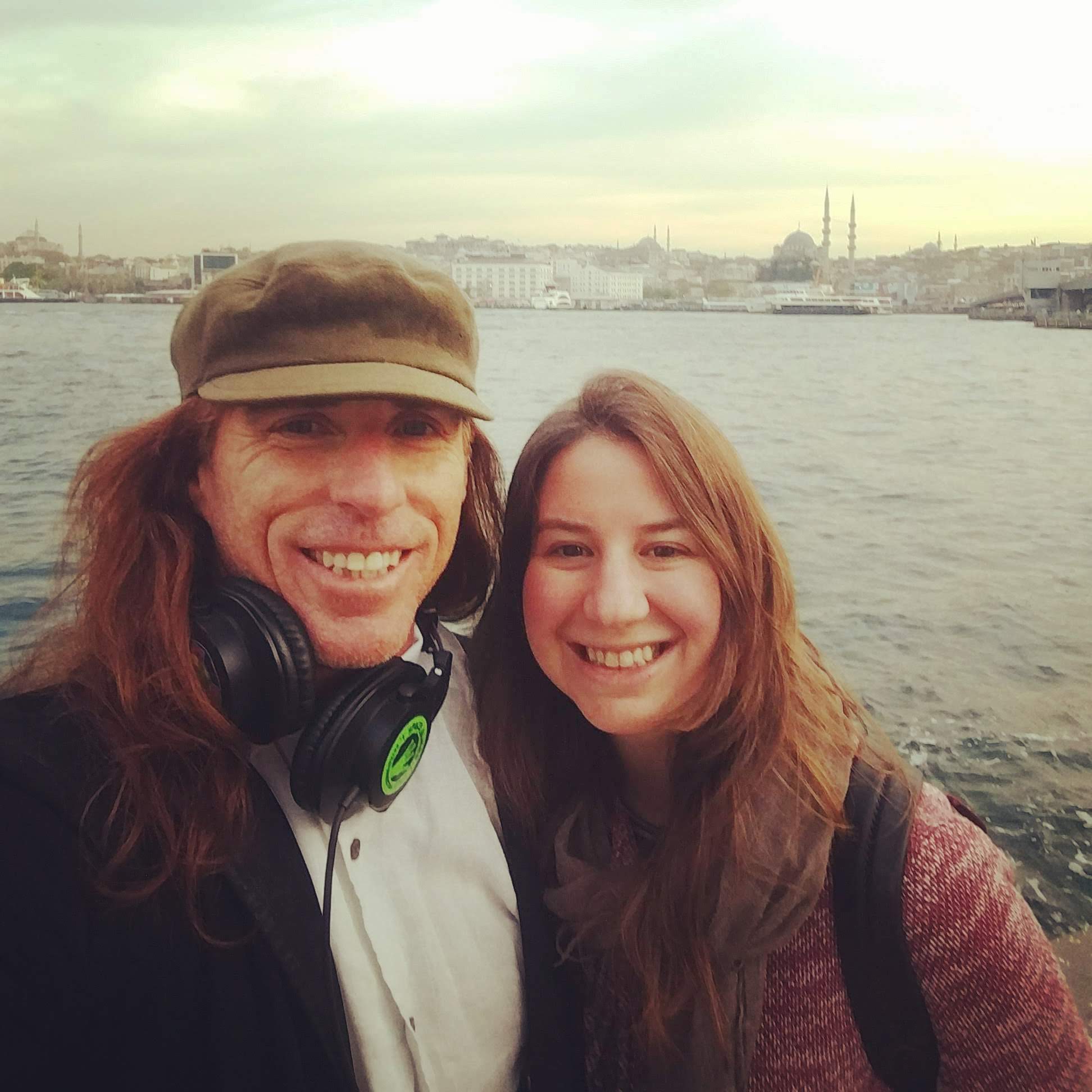

Where Were You at 33?
Name: Sezen Kayhan
Place: Istanbul, Türkiye
Age at Filming: 33
Personal Logline: “A naive filmmaker finds hope and laughter in the darkest despair.”
Directed by Sezen: “ID-RI-MI” (2008), “Time Of The Plums” (2012), “Elene” (2016), “A Hard Day In The Empire” (2018), “The Women With Purple Violets” (2025)
Sezen’s “Desert Island” Films: “The Piano” (1993) directed by Jane Campion; “Caro Diario” (1993) directed by Nanni Moretti; “Cleo From 5 to 7” (1962) directed by Agnès Varda; “The Qatsi Trilogy” (1988) directed by Godfrey Reggio
Sezen’s “guilty pleasure” film: “You’ve Got Mail” (1998) directed by Nora Ephron
Follow Sezen:
sezenkayhan.com/
Sezen’s Vimeo:
vimeo.com/user11096688
Sezen’s Instagram: instagram.com/sezenkayhan/
Sezen’s Bio: Born in Ankara, Türkiye; Sezen’s short film, “Time of the Plums,” premiered at Tribeca Film Festival, won several awards internationally (including at Santa Barbara, Palm Springs, Rhode Island) and qualified for the Academy Awards in 2012. “Elene,” premiered at the BFI London Film Festival, won Best International Short Film Award at the Montreal World Film Festival, and had a long festival tour. Her film, “A Hard Day in the Empire” had its premiere at the 40th Cinemed International Mediterranean Film Festival of Montpellier. Sezen, a published author and cinema scholar, has a BA in Archaeology and Art History, an MA in Film and TV, and a PhD in Media and Design. She is the author of the books Fragments of Tragedy in Postmodern Film (Cambridge Scholars Publishing, 2014) and Gamsız Ruhlar Arasında (Among Reckless Souls, Deli Dolu Yayınları, 2024).
Cinema of Türkiye
Historically, the film industry in Türkiye dips in an ebb and flow with the economic stability or political unrest of the country.
The first Turkish made film appeared in 1914, “Demolition of the Russian Monument At San Stefano,” and in 1922, a second documentary was released about the Turkish War of Independence.
Filmmaking did not become a continuous endeavor until after World War II.
Türkiye’s most flourishing period of cinema is affectionately known as the Yeşilçam years: from the 1950s through the 1970s, named after Yesilcam Street in the Beyoglu district of Istanbul, where many of the actors, directors, and studios lived. At the time, it was one of the largest film industries in the world.
Yeşilçam, which translates to mean “the green pine,” reminisces the films of Hollywood’s 1930s and 1940s. During the Yeşilçam years, Türkiye’s film industry boomed, producing 100 films a year, and 300 in 1970.
Then came a brief period of erotic cinema, which permeated the mainstream.
But by the 1980s, a mix of political unrest, the tanking economy, and the dawning of television killed off Yeşilçam for good. The icing on the cake was the 1980 coup d’tat, when film production in Türkiye disappeared almost entirely.
Since 1960, there have been four military coup attempts where the Turkish army decided to intervene, fearing that Islam was becoming too involved in Türkiye’s political activities.
After the first coup in 1960, a more liberal government was set up and films with political themes thrived during this decade. By the eighties, however, hopes of creative freedom were dashed.
In 1980, there was a third coup d’tat that led to a crackdown on political and independent films. Some were banned and directors such as Yilmaz Güney smuggled their films abroad.
Yilmaz Güney was a Kurdish film director who was imprisoned repeatedly for his writings and political activities which were deemed “Communist.” Güney, who constantly clashed with authority, spent many years in and out of jail.
In 1982, Güney’s film “Yol,” which he smuggled out of prison, won the Cannes Film Festival Palm d’Or award.
Güney wrote “Yol” while in prison and had a surrogate, Şerif Gören, direct it for him. Güney managed to escape out of prison and smuggled the film negatives to Switzerland to be edited in Paris. “Yol” was banned in Türkiye until 1999.
Because of the political unrest of the 1980s and 1990s, the cinema industry disappeared almost entirely. By the early 2000s, there was a rise in independent art-house cinema which eventually led to a resurgence of the industry with the international success of filmmakers such as Fatih Akin and Nuri Bilge Ceylan.
President Erdoğan has cracked down on censorship in cinema once again. He created the “popcorn law” which requires filmmakers to apply for a permit anytime they want to screen a film anywhere in Türkiye. This is not limited to commercial films, but includes shorts and indies as well. You cannot screen a film in Türkiye without government approval.
Since the 2016 coup attempt, President Erdoğan has had more than 50,000 public servants, soldiers, journalists, lawyers, police officers and academics detained in attempts to silence any potential opposition to his rule.
In 2015, “Mustang,” a French-Turkish film was submitted to the 88th Academy Awards as France’s submission to the Best Foreign Language Film Oscars. to “… as France’s submission, and nominated for Best Foreign Language Film.”
Other Turkish films that have received international acclaim over the decades include:
“Journey of Hope” (1990) directed by Xavier Koller; a Turkish-Swiss-British co-production nominated for Best Foreign Language Film as Switzerland’s submission in 1990.
“Dry Summer” (1963) directed by Metin Erksan won the Golden Bear at Berlin International Film Festival.
“A Season in Hakari” (1983) directed by Erden Kiral won the Silver Bear, Interfilm Award, and FIPRESCI Award
In 2008, Nuri Bilge Ceylon’s “Three Monkeys” made the Academy’s short list for Best Foreign Language Film, and it was the closest a submission from Türkiye has ever gotten.
Some Websites that discuss Turkish Cinema:
Dartmouth Libraries Film Studies: Dartmouth
History of Yeşilçam Street and Its Contributions to Beyoğlu
Yesilcam series from BluTV English on YouTube
Suggested Films From Türkiye
“Dry Summer” (1964) directed by Metin Erksan, restored by Martin Scorsese’s World Cinema Project
“Law Of The Border” (1966) directed by Lütfi Akad
“The Edge Of Heaven” (2007) directed by Fatih Akin
“One Million Steps” (2015) directed by Eva Stotz
“About Dry Grasses” (2023) directed by Nuri Bilge Ceylan
Cinema Landmarks To Visit:
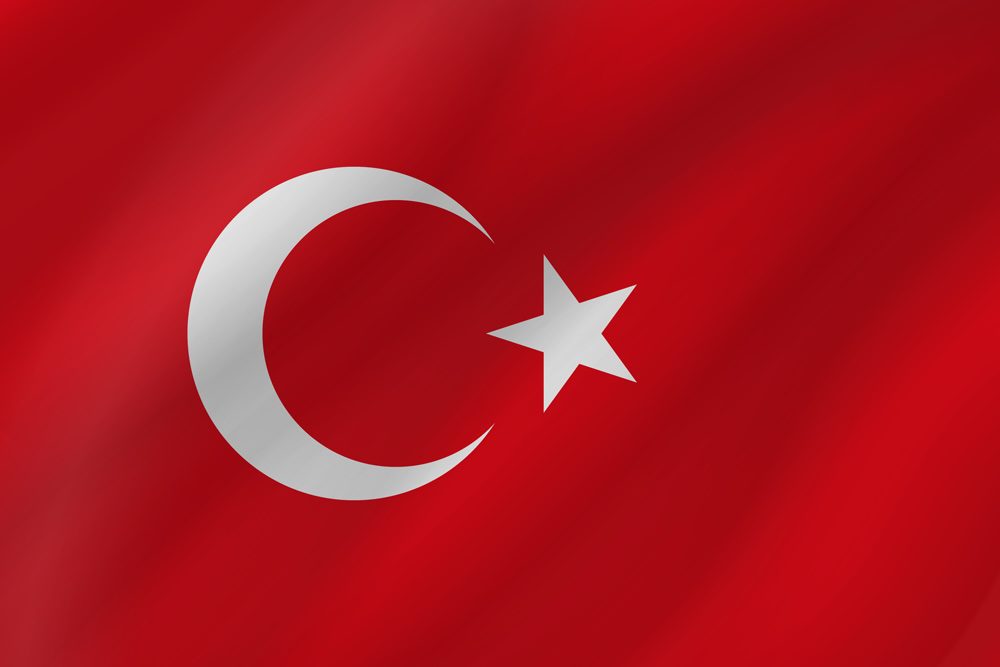
Official Name: Republic of Türkiye
Population: 81 million
Capital City: Ankara
Form of Government: Parliamentary Democracy
Official Language: Turkish
Currency: Turkish Lire
Borders: Bulgaria, Greece, Georgia, Armenia, Iran and the Azerbaijani exclave of Nakhchivan; Iraq and Syria; Mediterranean Sea, Aegean Sea, Black Sea
About Istanbul
Napoleon once famously said, “If the Earth were a single state, Istanbul would be its capital.”
For centuries, Istanbul has been the crossroads of culture. In Roman times, Istanbul was the Easternmost point of the Byzantine Empire. In 300 B.C., Constantine the Great named present-day Istanbul the capital of the Eastern Roman Empire. Situated on the Black Sea, it was a unique and strategic position to hold between Europe, the Middle East and Asia.
While Constantine the Great represents Istanbul’s more Western influences, the Eastern influences arrived with the Ottomans. Led by Sultan Mehmet II, the Ottoman Turks conquered Istanbul in 1453. They renamed the city Islambol (“full of Islam”) and Istanbul became the capital of the Ottoman Empire. Many mosques were built during this time. Today, Türkiye is 97% Muslim.
Post Ottoman, one of the biggest influences over modern-day Türkiye was the efforts of Mustafa Kemal Ataturk, the founder of the Republic of Türkiye, established in 1923.
After World War I, the Ottoman Empire dissolved. When the Allies took over the region without waiting for a proper peace treaty, Ataturk rallied his people against invading Greek forces. Through these struggles, he found the Republic of Türkiye and to this day, Ataturk is revered for the progress and change he enacted across the nation.
Ataturk, whose goal it was to bring Türkiye into the 20th century, created a democracy and put a big emphasis on equality for women and rights for minorities. By the 1930s, women were eligible to hold seats in Parliament and Türkiye had a woman prime minister in 1993.
Ataturk stressed secularism above many things. The Caliphate was abolished, religious schools were dismantled, wearing a fez was prohibited, and he Latinized the language. Instead of Islamic law, Ataturk incorporated the Swiss legal system. He made polygamy illegal and marriage became a civil contract rather than a religious rite.
Today, President Recep Tayyip Erdoğan is in many ways the opposite of Ataturk. After a stint as mayor of Istanbul, Erdoğan became a national leader in 2002, serving eleven years as Prime Minster before taking over the presidency. He has since vastly expanded the role of president in Türkiye, changing the constitution in 2017 to give himself more executive powers than any previous ruler has seen since the Ottoman Empire. This was partially in response to a failed coup attempt in 2016.
Three Things to do in Instanbul
- Explore the Asian side
- Shop for textiles
- Sample different baklavas
Stephanie’s Top 3 Travel Tips
- Visit Istanbul’s oldest hammam (Turkish bath) dating back to 1578: Kılıç Ali Paşa Hamamı,
- See the Whirling Dervishes at the Galata Mevlevi Museum or the Hodjapasha Culture Center
- Take the ferry across the Bosphorus
Useful Links:

